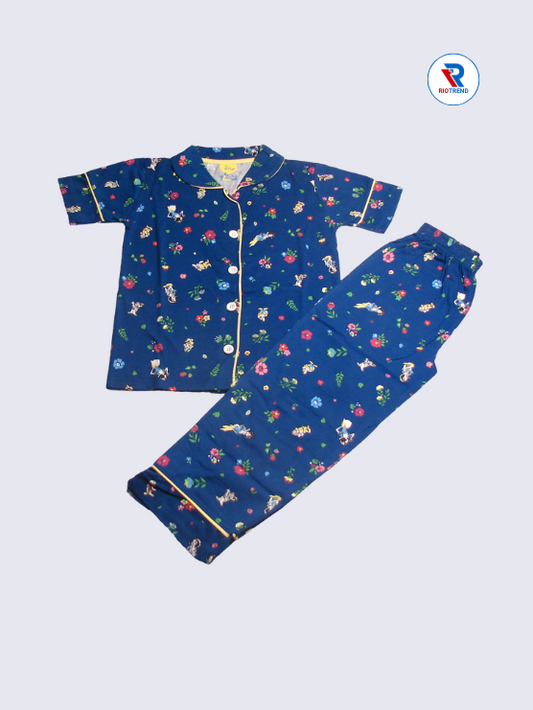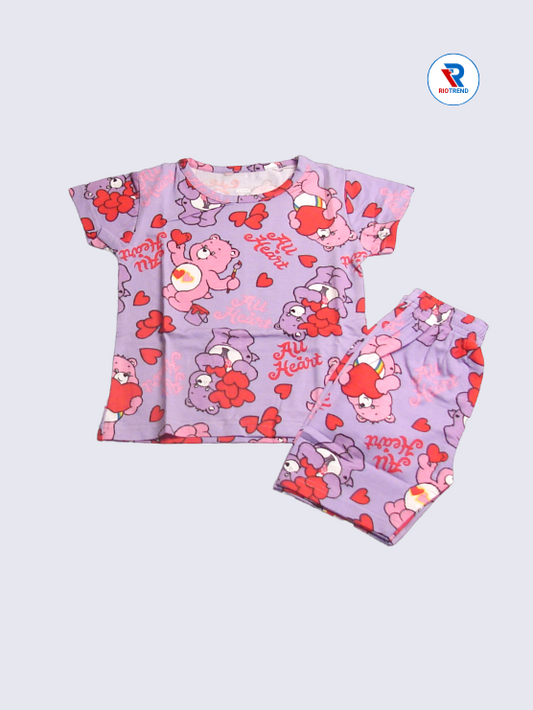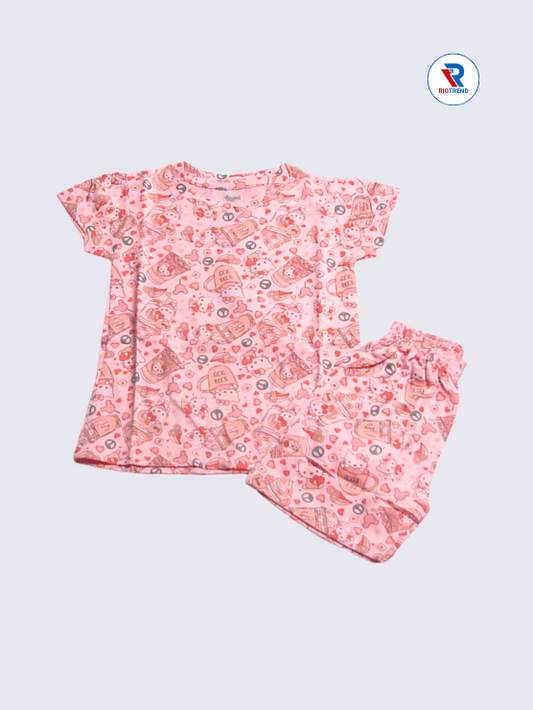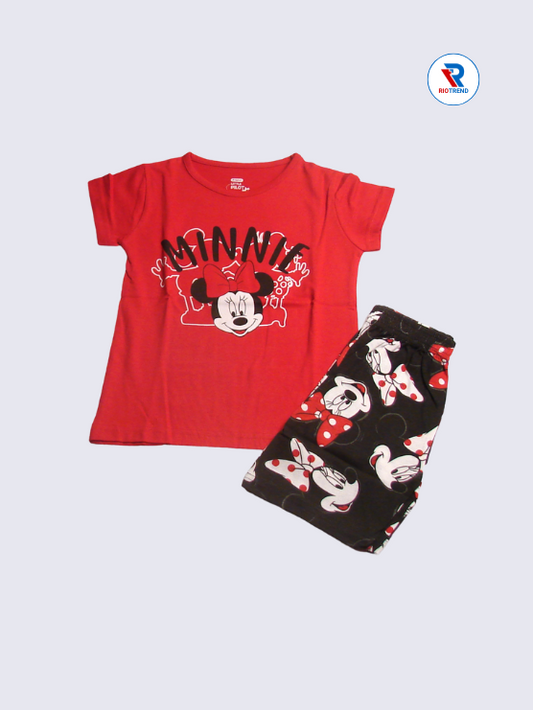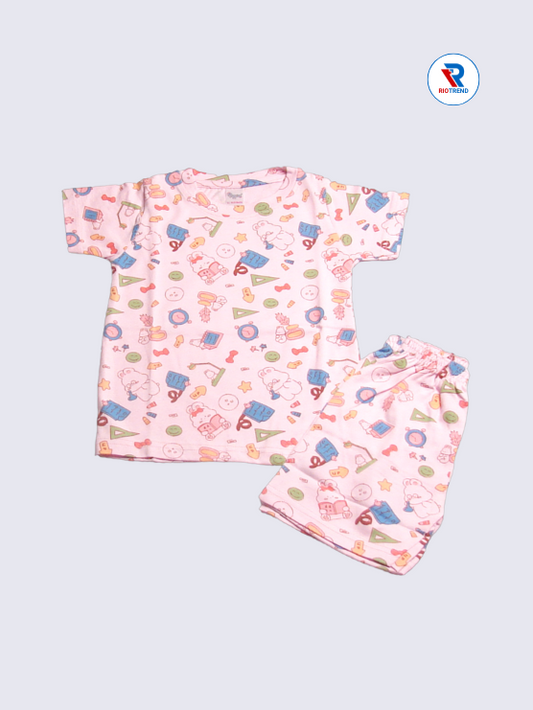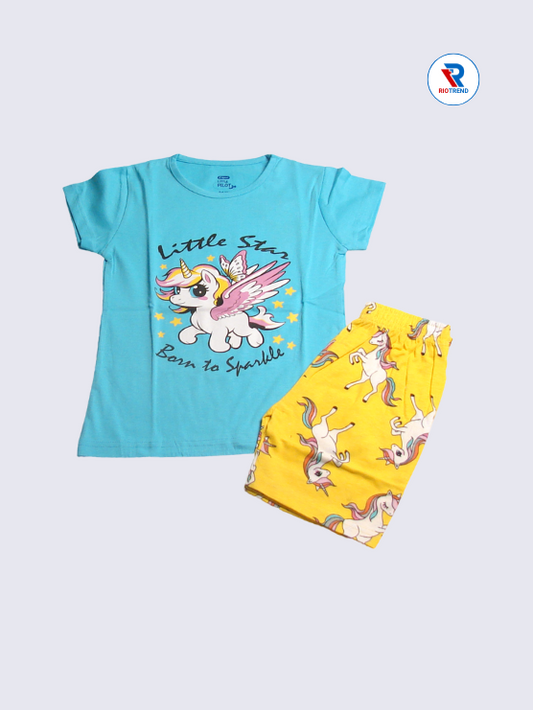In today's fast-paced digital world, online shopping has become an integral part of our daily lives. However, the sheer volume of products available can be overwhelming, often leading to decision fatigue and endless browsing sessions. This is where product recommendations come to the rescue, transforming the way shoppers discover and purchase items online.
What Are Product Recommendations?
Product recommendations are personalized suggestions that e-commerce platforms provide to shoppers based on various factors such as browsing history, purchase behavior, demographics, and preferences. These intelligent systems analyze vast amounts of data to present relevant products that align with a shopper's interests and needs.
Think of product recommendations as having a knowledgeable sales assistant who understands your preferences and can instantly suggest items you're likely to love. These systems operate behind the scenes, utilizing sophisticated algorithms to create a personalized shopping experience tailored to each shopper.
What Powers Product Recommendations and How They Work?
The Technology Behind Smart Suggestions
Product recommendation systems utilize several advanced technologies to deliver personalized experiences:
Machine Learning Algorithms analyze patterns in shopper behavior, identifying correlations between different products and user preferences. These systems continuously learn and improve their accuracy over time.
Collaborative Filtering examines the behavior of similar shoppers to make suggestions. If shoppers with similar tastes purchase certain items together, the system recommends those products to users with comparable preferences.
Content-based filtering focuses on product attributes and characteristics. If a shopper frequently purchases eco-friendly products, the system will prioritize recommending sustainable items.
Hybrid Approaches combine multiple recommendation techniques to provide more accurate and diverse suggestions, ensuring shoppers receive well-rounded product recommendations.
Data Sources That Drive Recommendations
Several data points contribute to creating effective product recommendations:
- Browsing History: Pages visited, time spent on products, and search queries
- Purchase History: Previous orders, return rates, and seasonal buying patterns
- Demographic Information: Age, location, and lifestyle preferences
- Real-Time Behavior: Current session activity and immediate interests
- Social Signals: Reviews, ratings, and social media interactions
How Do Product Recommendations Impact Online Shopping?
Time-Saving Benefits
The most significant advantage of product recommendations is the dramatic reduction in shopping time. Instead of manually searching through thousands of products, shoppers receive curated suggestions that match their interests. This targeted approach eliminates the need to browse multiple categories or pages to find relevant items.
Research indicates that personalized product recommendations can reduce shopping time by up to 70%, allowing shoppers to make purchasing decisions more efficiently. This time-saving aspect is particularly valuable for busy individuals who want to shop quickly without compromising on product quality or relevance.
Enhanced Discovery Experience
Product recommendations introduce shoppers to items they might never have found through traditional browsing. These systems excel at surfacing hidden gems and niche products that align with individual preferences. The discovery aspect of recommendations often leads to delightful surprises and helps shoppers explore new brands, categories, and product variations.
Cross-selling and upselling recommendations also help shoppers find complementary products or upgraded versions that enhance their overall purchase experience. For example, when buying a camera, recommendations might suggest compatible lenses, memory cards, or protective cases.
Improved Purchase Confidence
When shoppers receive relevant recommendations, they feel more confident about their purchase decisions. The personalized nature of these suggestions creates a sense that the system "understands" their needs, leading to higher satisfaction rates and reduced buyer's remorse.
Social proof elements, such as "customers who bought this also purchased" recommendations, provide additional confidence by showing that other shoppers with similar interests made successful purchases.
Shoppers Need to Understand Product Recommendations
Types of Recommendation Systems
Understanding different types of product recommendations helps shoppers make the most of these features:
"Frequently Bought Together" recommendations suggest items that complement the current product in the shopping cart. These suggestions are based on actual purchase patterns and help create complete product sets.
"Customers Who Viewed This Also Viewed" recommendations show products that attract similar browsing behavior. These suggestions help shoppers explore alternatives and compare options effectively.
"Recommended for You" provides personalized suggestions based on individual shopping history and preferences. These recommendations become more accurate over time as the system learns more about shopper behavior.
"Trending Now" highlights popular products that are currently in high demand. These recommendations help shoppers stay current with market trends and seasonal favorites.
Maximizing Recommendation Effectiveness
To get the most relevant product recommendations, shoppers should:
Engage Actively with the platform by browsing products, reading reviews, and maintaining wish lists. The more data the system has, the better the recommendations become.
Provide Feedback by rating products and leaving reviews. This information helps the system understand preferences and improve future suggestions.
Update Preferences regularly by adjusting profile settings and interests. Many platforms allow shoppers to specify categories they're interested in or want to avoid.
Clear Browsing History occasionally if shopping for gifts or exploring products outside normal interests. This prevents gift purchases from affecting regular recommendations.
Benefits of Product Recommendations for Smart Shopping
Streamlined Decision Making
Product recommendations simplify the decision-making process by presenting pre-filtered options that match shopper preferences. Instead of comparing hundreds of similar products, shoppers can focus on a curated selection of high-quality options.
This streamlined approach is particularly beneficial for routine purchases where shoppers want to quickly reorder items or find suitable replacements for products they've used before.
Budget Optimization
Smart product recommendations help shoppers find the best value for their money by suggesting alternatives at different price points. These systems can identify when a similar product offers better value or when a premium option provides significantly enhanced features.
Price comparison recommendations also help shoppers understand the market landscape and make informed decisions about when to purchase items or wait for better deals.
Seasonal and Trend Awareness
Recommendation systems excel at identifying seasonal patterns and emerging trends. Shoppers receive timely suggestions for seasonal products, holiday gifts, and trending items that align with their interests.
This trend awareness helps shoppers stay current with market developments and discover new products as they become available.
Reduced Shopping Stress
By eliminating the overwhelming nature of unlimited product choices, recommendations reduce shopping stress and decision fatigue. Shoppers can focus on a manageable selection of relevant products rather than feeling overwhelmed by endless options.
The personalized nature of recommendations also reduces the anxiety of making wrong purchasing decisions, as the suggested products are more likely to meet shopper expectations.
The Future of Product Recommendations
Emerging Technologies
Artificial intelligence and machine learning continue to evolve, making product recommendations more sophisticated and accurate. Future systems will likely incorporate voice recognition, visual search, and augmented reality to create even more personalized shopping experiences.
Predictive analytics will enable recommendations to anticipate shopper needs before they're even expressed, suggesting products based on life events, seasonal changes, and emerging preferences.
Integration Across Platforms
Product recommendations are becoming more integrated across different shopping platforms and devices. Shoppers can expect consistent, personalized experiences whether they're browsing on mobile apps, desktop websites, or smart home devices.
Cross-platform integration will allow recommendation systems to provide continuity across different shopping environments, creating seamless experiences that adapt to various contexts and situations.
Product Recommendations FAQs
How do product recommendations save shopping time?
Product recommendations save time by filtering through thousands of products to present only the most relevant options based on your preferences and behavior. Instead of manually searching and comparing products, you receive curated suggestions that match your interests. Studies show that shoppers using personalized recommendations can reduce their shopping time by 60-70% compared to traditional browsing methods. The system does the heavy lifting of product discovery, allowing you to focus on making purchase decisions rather than searching for options.
Are product recommendations always accurate and trustworthy?
Product recommendations are generally reliable but not 100% accurate. The accuracy depends on the quality of data the system has about your preferences and the sophistication of the recommendation algorithm. Most modern systems achieve 70-85% accuracy in their suggestions. To improve accuracy, actively engage with the platform by rating products, maintaining wish lists, and updating your preferences. Remember that recommendations are suggestions, not guarantees, so always review product details and reviews before making purchases.
Can product recommendations help me discover new products I wouldn't find otherwise?
Yes, product recommendations excel at product discovery. They introduce shoppers to items they might never have found through traditional search methods. The systems analyze patterns from millions of shoppers to surface hidden gems and niche products that align with your interests. Many shoppers report discovering their favorite products through recommendation systems. These suggestions often reveal products from smaller brands, new arrivals, or items in adjacent categories that complement your existing interests.
Do product recommendations work better for certain types of products?
Product recommendations tend to work exceptionally well for frequently purchased items, complementary products, and items with clear usage patterns. They're particularly effective for books, electronics, clothing, home goods, and consumables. The systems perform best when there is substantial data about customer behavior and product relationships. For highly specialized or one-time purchases, recommendations may be less accurate, but they can still provide valuable alternatives and comparison options.
How can I make product recommendations more relevant to my needs?
To improve recommendation relevance, actively engage with the shopping platform by browsing products you're interested in, rating purchases, and leaving reviews. Maintain updated wish lists and use the platform's preference settings to specify your interests. Clear your browsing history when shopping for gifts to prevent those purchases from affecting your regular recommendations. Provide feedback on recommendations by indicating which suggestions were helpful and which weren't relevant to help the system learn your preferences better.
What should I do if product recommendations seem completely irrelevant?
If recommendations seem off-target, first check your account settings and preferences to ensure they're current. Clear your browsing history if recent gift shopping or research has skewed your profile. Some platforms allow you to reset recommendation preferences or indicate that certain suggestions aren't relevant. Contact customer service if the problem persists, as there might be technical issues affecting your recommendation system. Please note that it may take some time for the system to accurately learn your preferences, especially if you're a new user or have diverse interests.




